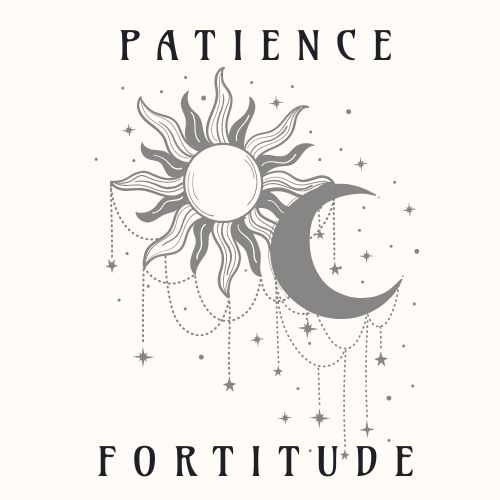I am slowly posting the entirety of Grieving Futures: Surviving the Deaths of My Parents, here on Patience & Fortitude for free. General warnings are in place: this book address grief, mourning, self-harm, anger, poverty, and pet death, all in the context of becoming an adult orphan in my twenties. You can still buy the book if you would like (doing so helps support my writing!).
There was another aspect of death I had not considered. I lost the house and most everything in it but I did not, in fact, actually lose the physical presence of my parents. I did not realize that when a person dies, their body does not magically disintegrate a lá Obi Wan Kenobi in Star Wars. Let this be a lesson to young adults everywhere: do not base your conception of reality on your favorite movie.
My parents left no instructions other than that they wanted to be cremated. I never asked how they wanted their cremains to be disposed, despite the approach of the inevitable. The few times Poppa mentioned it he rather sardonically suggested dumping him at the county trash heap—which is illegal in case you ever considered it. So for each of them I signed for the body to be taken by our local mortuary, paid for for the cheapest cremation possible, and arranged to pick them up later. What people don’t tell you: when cremains are not in an outrageously expensive fancy urn, they are in a cardboard box. The ashes are, actually, in a sealed heavy-weight plastic bag inside the box, which in both of my parents’ cases measures all of 6” x 9” x 4”. Very small boxes for a whole person, but trust me, they are damn heavy.
I call this section “waste disposal” because the laws surrounding dead human bodies are stricter than most government rules for toxic runoff. Mother’s ashes rode around with me in the car for three days, as I did not have the heart to bring them back to Poppa right away. That was probably illegal. In fact, that sentimental scattering of ashes at your father’s favorite fishing spot or your mother’s beloved national park is totally illegal. I think most people do not know this for two reasons: 1) depictions in movies/television of such events are romanticized and simplified; and 2) most law enforcement officials have a benign, somewhat compassionate and unofficial, “don’t ask, don’t tell” policy in place. As long as you are not spreading ashes in a major traffic intersection or at your father’s favorite coffee shop, you can get away with it.
In my case it was less a matter of concern about legalities than simply a lack of any ideas. My mother loved the beach, but I did not want to spread her ashes where people would walk around in them, for their sake as much as hers. Poppa and I discussed renting a boat to tip her into the ocean, where presumably she would wash up on the beach in some form or another, but that never sat well with either of us as mother hated being on a boat. Such is the logic of mourning. Rinse and repeat for Poppa’s ashes: after I picked up his box, I was rather flummoxed. With no family plot at a cemetery and no concrete suggestions via the deceased, I had no idea what to do.
This dilemma was not about whether the body is sacred or not sacred (a philosophical and religious debate I am not prepared to enter), but rather the more practical considerations of what to do with it. It is not something taught to you in high school, much less in college, although I would love to see that on a curriculum (“The Disposal of Your Loved One 101”). It is something that people assume the family will handle, with some vague perception that the adults will guide the process along. I suppose if a family has a family plot, or bought grave sites prior, or whatever else they might do, such decisions would be gratefully taken out of the hands of the young adult trying to figure out what to do. In my experience, the adults in my family (parents or other relatives) did not want to deal with it at all. My mother’s family offered no advice on what to do with her ashes. No one even mentioned it. I suspect this was out of deference to my father, however at that point he was a stroke victim. I wish someone would have approached me about it, if only to force me to think ahead and address it as an important problem. Likewise no one asked about my plans for father’s cremains, either. To be fair, I did not ask for advice either.
I am not sure that pre-made burial plans would have made these decisions particularly easier. Words cannot express how surreal the whole situation is, how disconnected it feels to have to act on, much less decide, where your parents’ bodies are going to be “at rest” when your entire life is anything but restful, or even logical.
